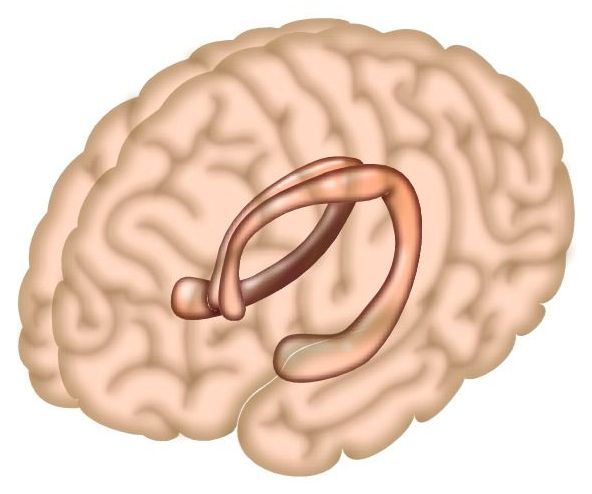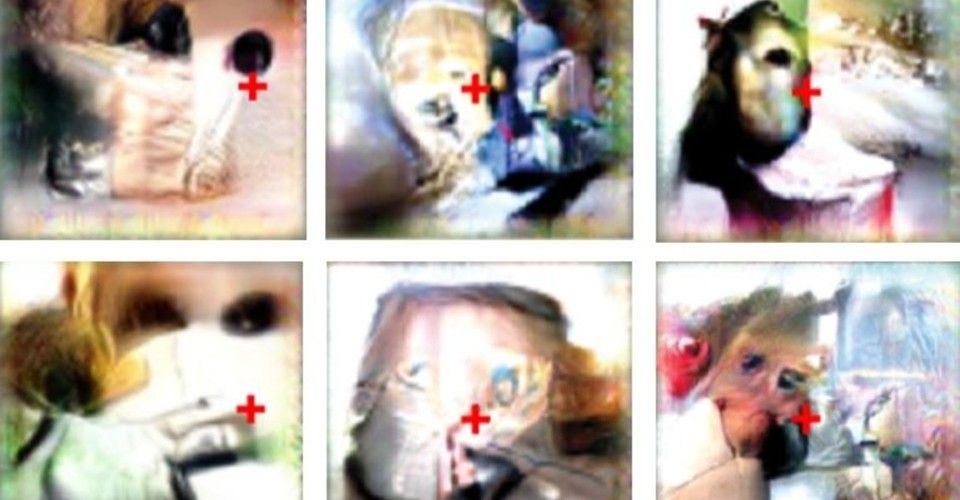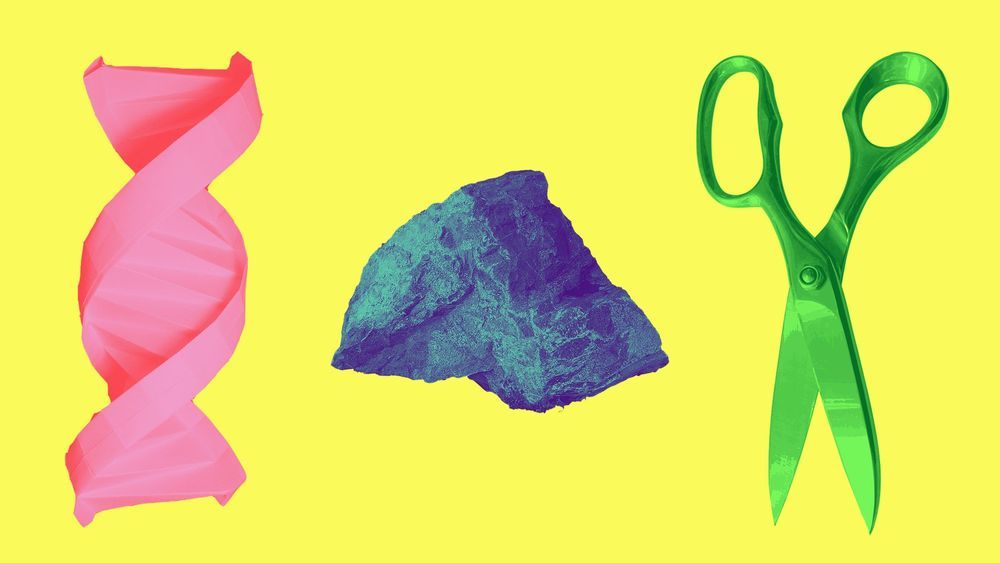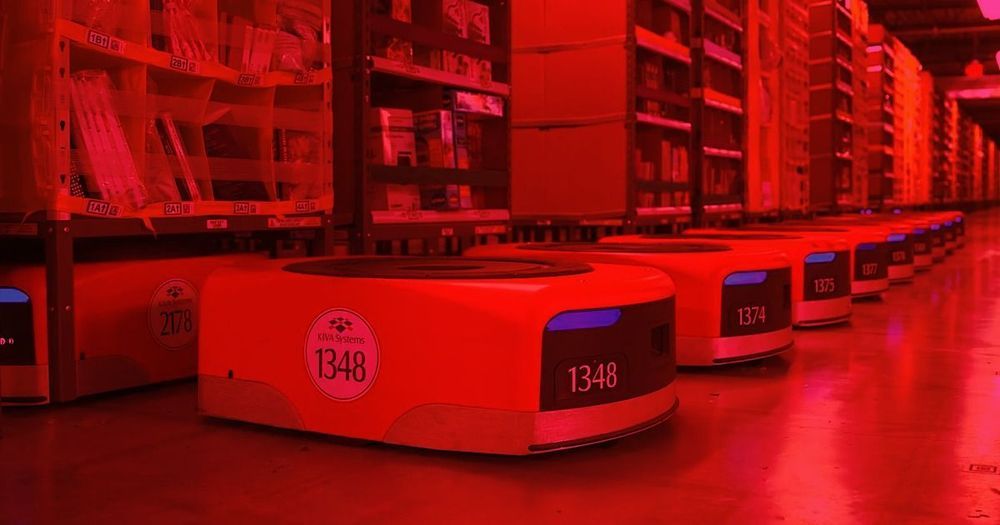Security researchers have seen a startling rise in attacks against Microsoft Office 365 accounts. Here’s what they found and how you can keep the hackers out…




Two regions of our brain are central for storing memories: the hippocampus and the neocortex. While the hippocampus is primarily responsible for learning new information and its short-term storage, the neocortex is able to store large amounts of information for a long time. Lea Himmer, Dr. Monika Schönauer and Professor Steffen Gais of the Institute of Medical Psychology at the University of Tübingen and their team investigated how these brain areas interact during the consolidation of new memories and which role sleep plays in that process. The team of researchers used functional neuroimaging to show that repeated rehearsal can lead to the establishment of memory traces in the neocortex within a short timeframe. However, these traces are only sufficiently stable if a sleep phase follows learning – otherwise the brain continuously needs to call on the hippocampus to help with long-term storage of new memories. The new study is published in Science Advances.
In this new study, the researchers had their participants study a list of words, which was repeated seven times. While they conducted this task, their brain activity was recorded by an MRI scanner. Twelve hours later, the participants repeated the task with the learned words and a new word list. Half of the subjects had slept in the meantime, while the other half had remained awake. Repeated practice led to increased involvement of the posterior parietal cortex, a region of the neocortex, within an hour. At the same time, the hippocampus became less and less engaged in the process.

So why not ask the neurons what they want to see?
Read: The human remembering machine
That was the idea behind XDREAM, an algorithm dreamed up by a Harvard student named Will Xiao. Sets of those gray, formless images, 40 in all, were shown to watching monkeys, and the algorithm tweaked and shuffled those that provoked the strongest responses in chosen neurons to create a new generation of pics. Xiao had previously trained XDREAM using 1.4 million real-world photos so that it would generate synthetic images with the properties of natural ones. Over 250 such generations, the synthetic images became more and more effective, until they were exciting their target neurons far more intensely than any natural image. “It was exciting to finally let a cell tell us what it’s encoding instead of having to guess,” says Ponce, who is now at Washington University in St. Louis.




Researchers in Australia are on the verge of discovering a universal flu vaccine — one which would be effective against all strains of the virus. When they do, we won’t have to take a new flu shot every year anymore. We’ll just get this one shot, and never more. It’s a finding that is being heralded as an “extraordinary breakthrough.” It could even end the flu and influenza epidemic once and for all.
The Epidemic


Blue Origin, the space company of Jeff Bezos, completed a record breaking launch of its New Shepard rocket on Thursday.
Lifting off from Blue Origin’s facility in West Texas, the mission was the first time the company launched and landed one of its rockets five times. Additionally, the rocket sent a company record 38 research and development experiments to the edge of space.